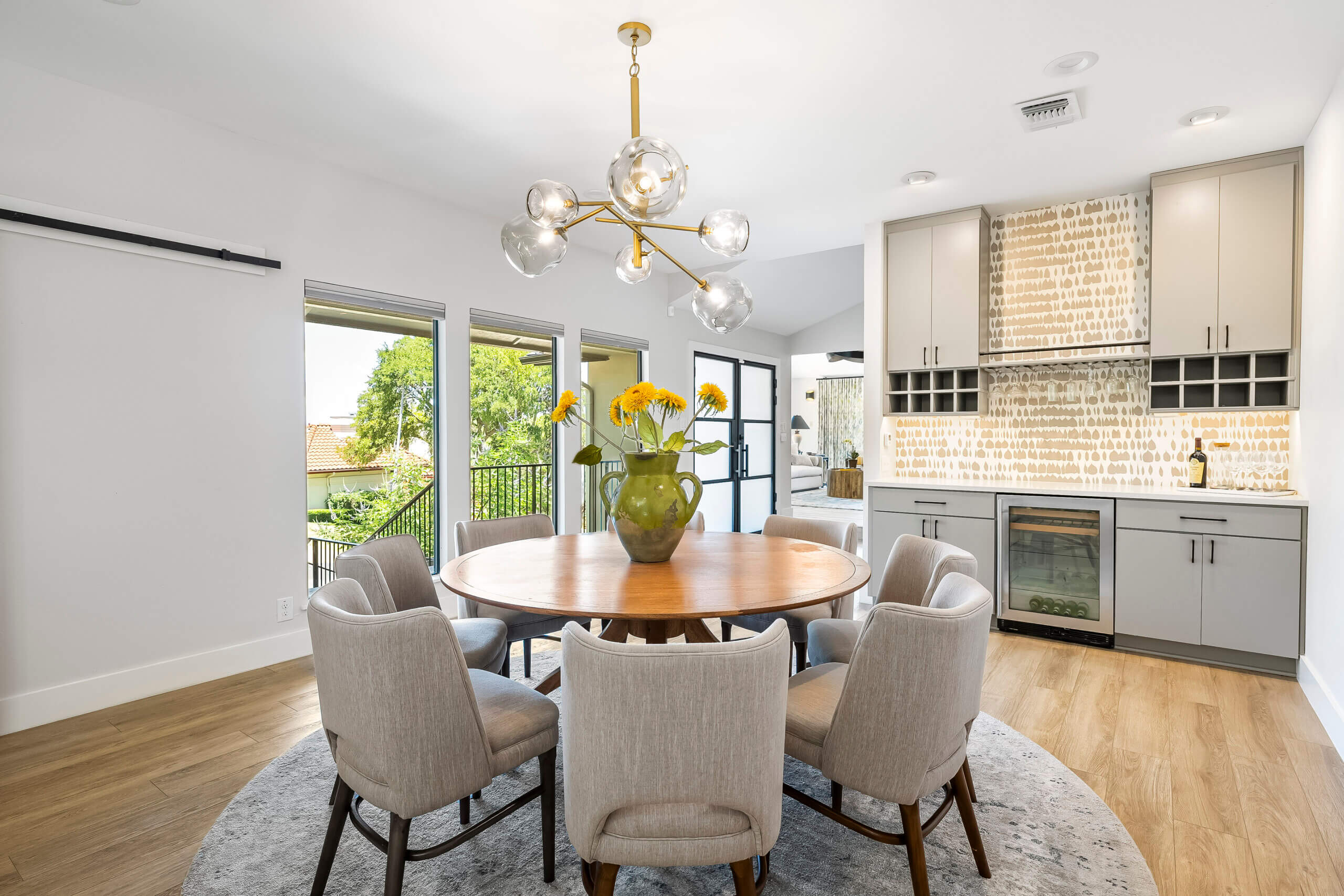Real estate photography is more than just capturing beautiful images of properties. It also involves legal considerations and a deep sense of respect for the personal spaces that photographers are entering.
Below are essential guidelines that cover both legal privacy concerns and respectful practices.
Understanding Privacy Laws
1. Get Written Consent: Always secure written consent from property owners, tenants, or individuals who might appear in the photographs. It’s a legal safeguard that can prevent future disputes.
2. Avoid Capturing Neighboring Properties: Carefully choose angles and frames to prevent capturing neighboring properties or individuals without their consent. If in doubt, seek permission.
3. Blur or Remove Identifiable Features: Edit out or blur personal or identifiable features, such as license plates or family photos. Protecting individual privacy should always be a priority.
4. Use Drone Photography Responsibly: Comply with local regulations regarding drones, including flight paths and privacy. Abiding by laws such as those outlined by the FAA ensures your professionalism and protects individual privacy.
5. Respect Requests for Privacy: If anyone requests an image to be modified or taken down due to privacy concerns, respond quickly and respectfully.
6. Ensure Proper Usage of Stock Photos and Music: Make sure you have the correct licensing rights for any stock photos or music used. It ensures compliance with legal standards and avoids complications.
Being Respectful as a Real Estate Photographer
1. Respect Personal Items and Spaces: Always be mindful of personal items or anything that could be potentially embarrassing. If in doubt, edit it out or ask the real estate agent or homeowner for guidance.
2. Ask About Off-Limit Rooms: Before you start shooting, ask if there are rooms or areas that should not be captured. Respecting these boundaries fosters trust and professionalism.
3. Don’t Judge a Messy Home: If a home is messy or untidy, approach the situation with empathy. Understand that selling a home can be a challenging time, and people may be dealing with personal issues that make cleaning a low priority. Your compassion can make a big difference.
4. Always Maintain Professional Courtesy: Selling a home often comes with a wide range of emotions and circumstances. Whether it’s divorce, financial strain, or other personal situations, always approach your work with a respectful attitude.
Conclusion
Navigating real estate photography privacy laws and maintaining a respectful attitude isn’t just about compliance and good manners. It’s about building a reputation for integrity and understanding, fostering trust with clients, and setting a standard of excellence in your field.
Following these guidelines ensures that you are not only legally protected but also respected for your empathetic and professional approach. By balancing legal considerations with human compassion, real estate photographers can elevate their practice to a truly professional and ethical level.













